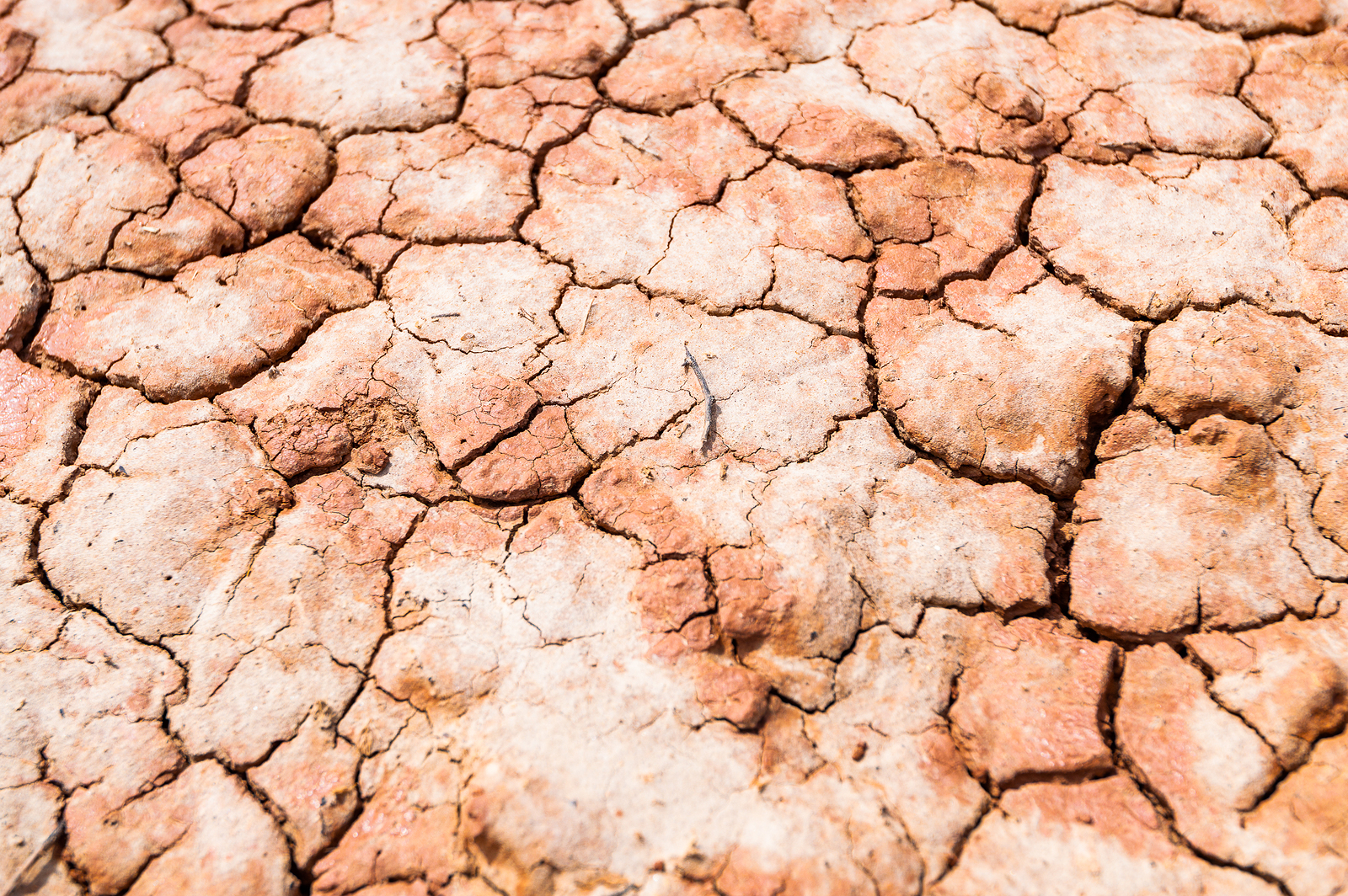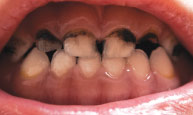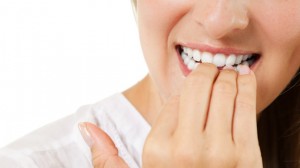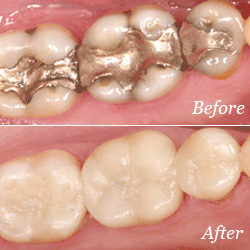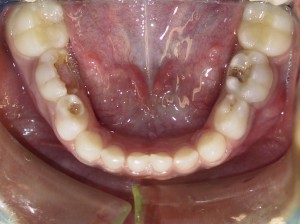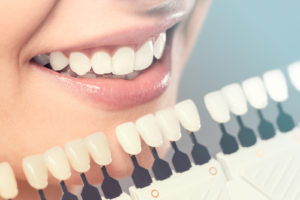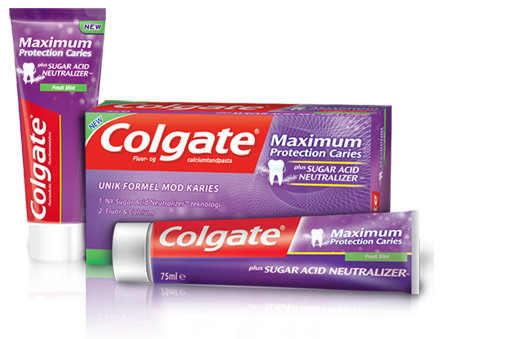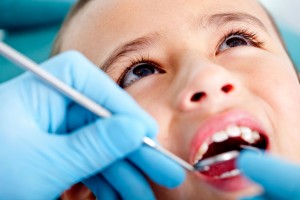
Many parents say things like “will she have bad teeth like mine?” or “will she need lots of fillings because I did?”
There isn’t one simple answer for this, however there are a few factors to consider in regards to your dental health affecting your child’s. Give your child healthy teeth for life by setting good habits.
Genetics can play a role in the shape of your child’s face and jaw – therefore affecting how large or small their mouth is, their jaw positioning and structure, and often the shape of the teeth. For example if you have a square jaw and large, square teeth, it’s possible your child’s mouth will look similar. However, whether or not your child has healthy teeth, is not down to genetics, but is reliant on good habits.


